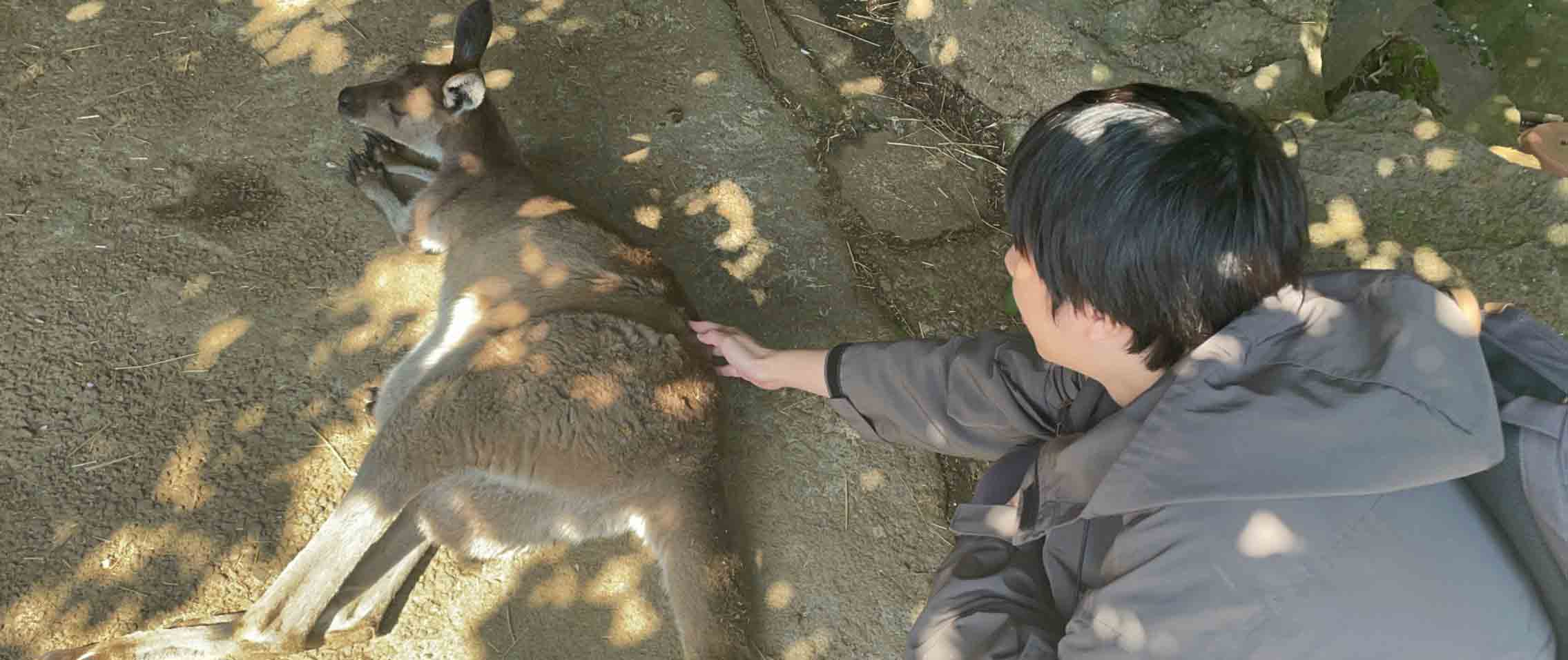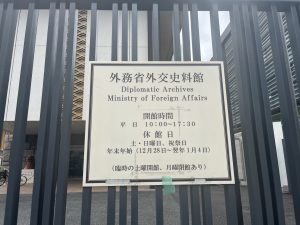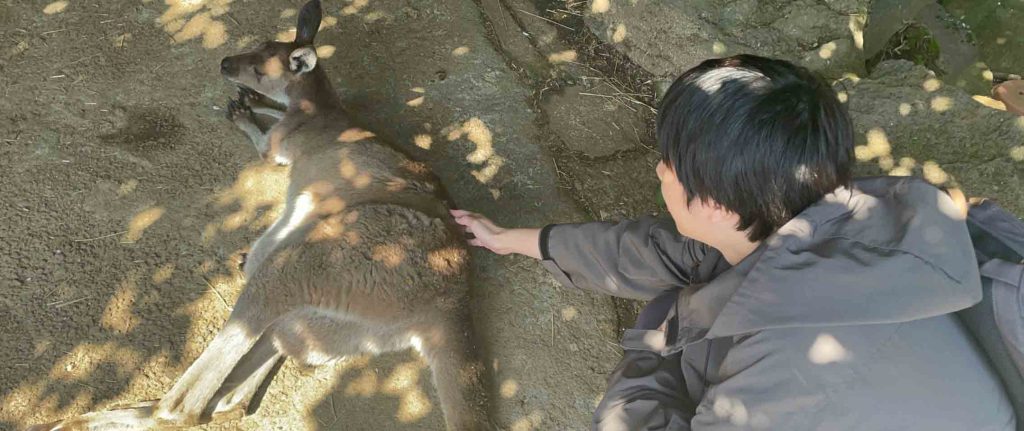【院生紹介】Xiao Kaifeng(OSIPP D1)
【Tuition Fee Exemption for International Honors student】
2024.7.9

In this issue, we would like to introduce Xiao Kaifeng’s self-introduction. He is a student whose tuition has been exempted as a special scholarship student at Osaka University due to his excellence.
Tuition Fee Exemption for International Honors Students
I am Xiao Kaifeng, and I graduated from the master’s program at OSIPP this April. I am currently enrolled in the doctoral program at OSIPP.
Reasons for Choosing OSIPP
During my master’s program, OSIPP’s international and inclusive environment left a deep impression on me. During my master’s studies, the open environment provided by OSIPP allowed me to discuss life and research with friends from around the world, which became my greatest joy. Especially in the multi-disciplinary courses in economics, political science, and law offered by OSIPP, I enjoyed discussing with classmates in different courses and experiencing the unique intellectual exchanges each time. In 2022, despite the shadow of the COVID-19 pandemic, my best friends from OSIPP and I had fun with fireworks by the Yodogawa River and completed a wonderful trip to Sendai. That summer was a beautiful memory of youth. The most important gift OSIPP gave me is undoubtedly the joy from friends and the meticulous guidance from teachers and staff. I am also honored to be a recipient of Osaka University’s Tuition Fee Exemption program during my doctoral studies, which is a wonderful financial encouragement.
My Research

Collecting materials at the Diplomatic
Archives of the Ministry of Foreign Affairs of
Japan
My current research topic is Japanese-American cultural conflict in wartime China. I want to understand how the different localized cultural policies of Japan and the US during wartime reflected the broader international relations and the impact of these cultural policies on society and government. For example, the interactions and conflicts between Yenching University, flying the American flag, and the Japanese occupation authorities in North China after the Marco Polo Bridge Incident in 1937 is a fascinating piece of history. I firmly believe that OSIPP’s interdisciplinary perspective and outstanding faculty will help me complete valuable historical research. During my master’s studies, I researched the history of US-Russia cooperation in the non-proliferation field in the post-Cold War period. One event that left a deep impression on me was in 1999, when the defense ministers of Ukraine, Russia, and the United States stood together to announce that former missile silos had been transformed into golden sunflower fields. But today’s world is a very different place. My advisor, Professor Hiroo Nakajima, an experienced historian, often provides me with the most invaluable advice, highlighting the importance of historical materials. Additionally, OSIPP’s dual-advisor system, including the enthusiastic guidance from Associate Professor Kazushi Minami, has greatly benefited me.
Future Outlook
After graduation, I hope to continue my research career, striving to become a researcher who explores the modern significance of history. Many people, including myself, often ask what the use of history is. I believe that we wouldn’t start watching a TV series from the fifth season because we would miss all the wonderful or not-so-wonderful stories from the first four seasons. Everything that happened in history—technology, wars, and the lives of different people—accumulates like fossils, forming the foundation of human life today. In simple terms, humanity is rooted in time. Today, the waves of the invasion of Ukraine are shaking the world. Many are asking, is war something that can be avoided with smart foreign policy? However, in 1948, George Kennan has already warned that Kyiv and Moscow would reach an impasse. Moreover, understanding the human emotional experience of war, peace, conflict and reconciliation allows people to strengthen the human capacity for empathy. My great-grandfather participated in the second Sino-Japanese War, and every time I visited him, he would recount his experiences of learning to say “please don’t hurt me” in Japanese and English at military school. He passed away last year. That history feels both distant and close. An ancient Chinese proverb from the Tang Dynasty says, “History is a mirror. By reflecting on history, one can understand the rise and fall of societies.” In today’s world, where the international order pieced together after disastrous conflicts is breaking down and people are suffering unspeakably, the warnings from the history of war are now crucial. I hope that my research can make a small contribution to peace.

Photo with kangaroos on the Izu Peninsula
